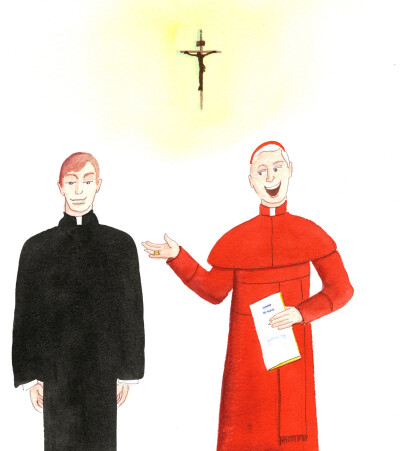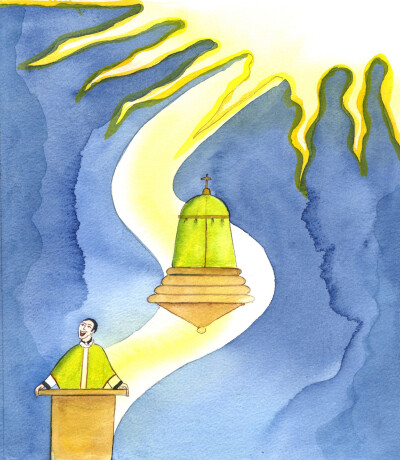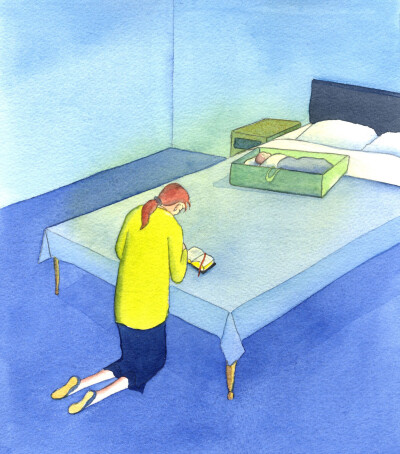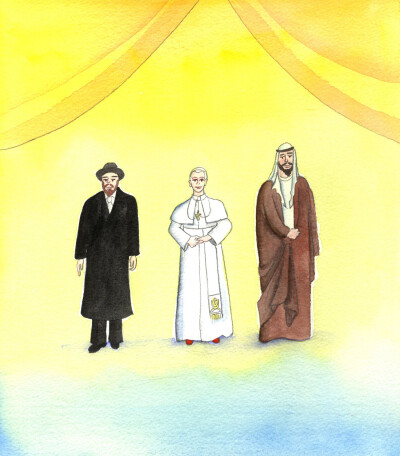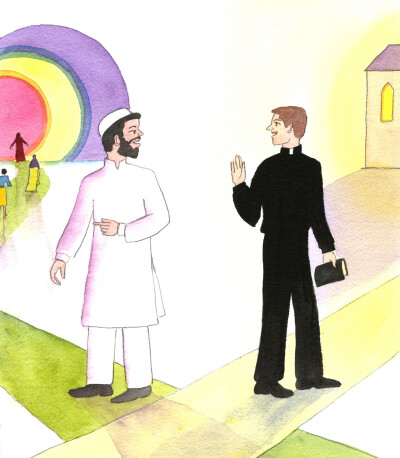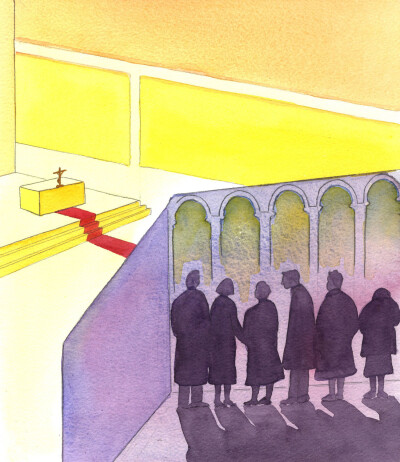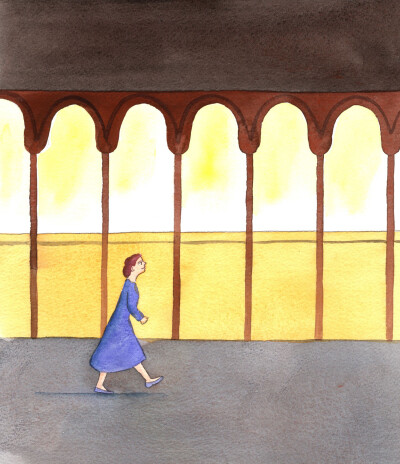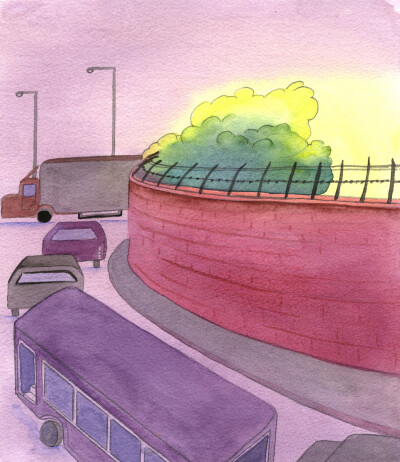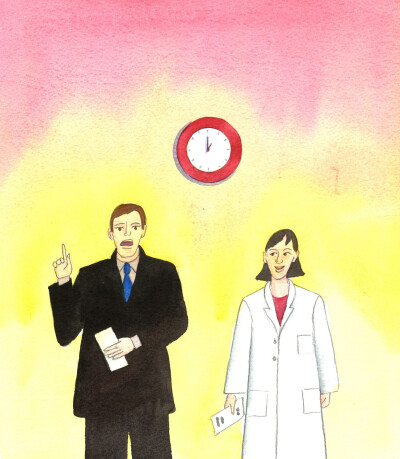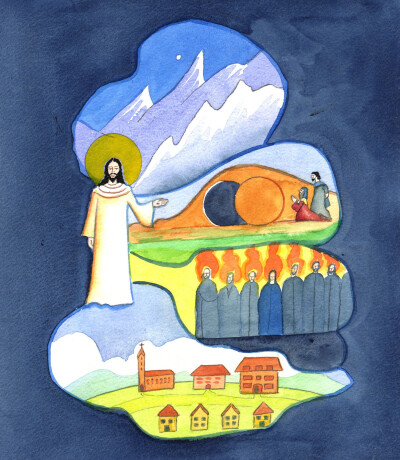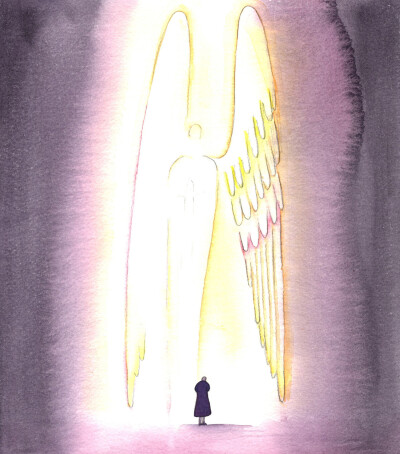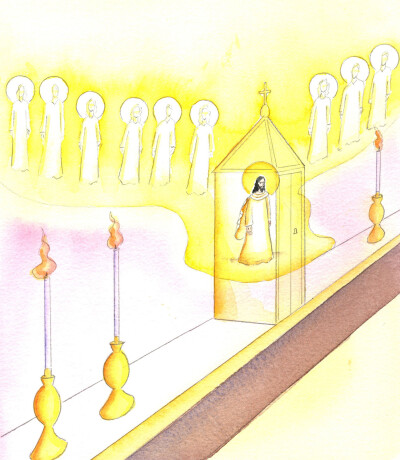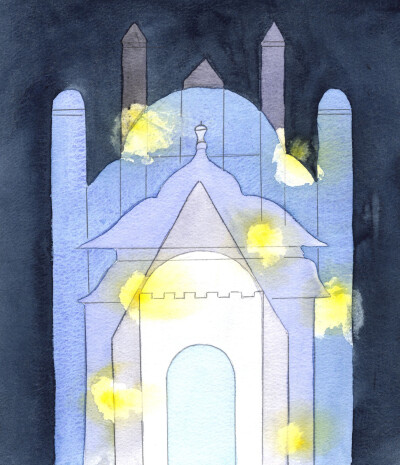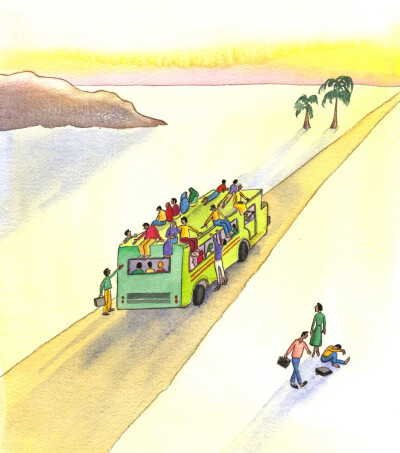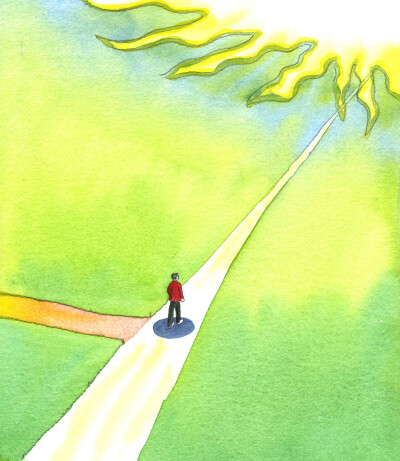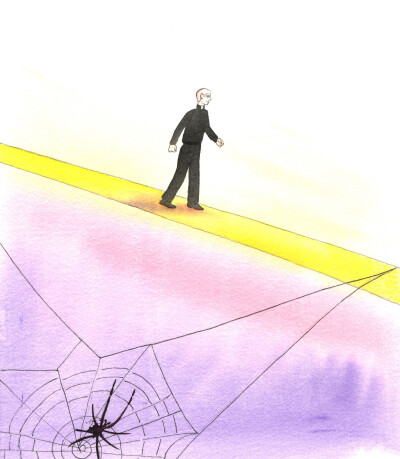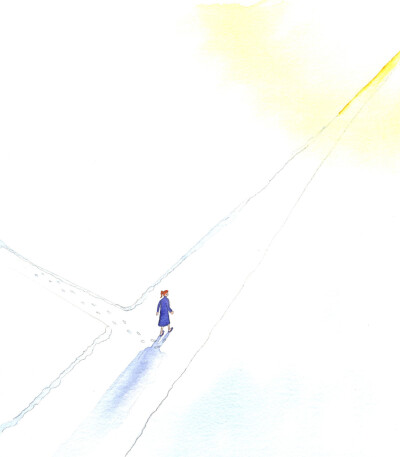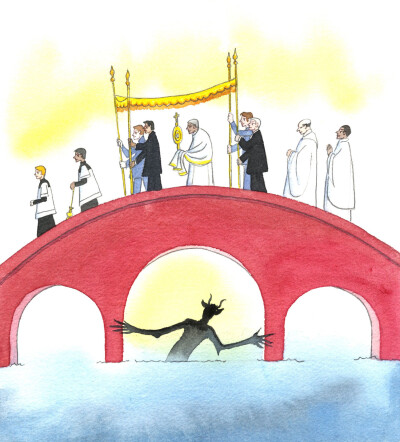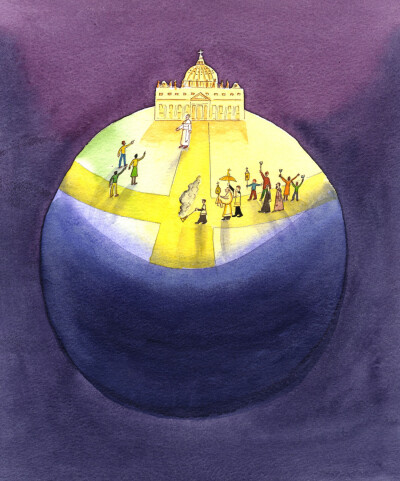Search Page
Showing 721 - 740 of 830
Bishops are appointed to teach, and to lead the Church in prayer. When the Pope's advisors are discussing which men might be appointed as Bishops, it is not enough for anyone to say that a certain man is very 'pastoral', if he is not also doctrinally-sound in his beliefs, and fervent in ensuring the reverent conduct of the Sacred Liturgy.
We should focus on the tabernacle, and, through it, to Heaven, if strange or distorted things are heard in church from the pulpit. We can be certain that the Father has given Christ to us, Who has spoken all His Father wants us to know; and we can rely on the Church's teaching, given through the Pope and the Catholic Bishops, easily found in our Catechism. We must be confident that the truth has been handed on, and can be known.
Busy people are tempted to say: "I didn't have time to pray". But everyone who wants to honour God as He deserves can make the sacrifices that are necessary to find that prayer-time, whether by getting up earlier, or praying whenever the baby is asleep, or calling into a church on the way home from work, for example.
We can look at Pope Benedict, to see a good example of how to relate to people of other religions. He is kind to everyone, and visits other buildings, but does not join in what is called "inter-faith" worship, which is a betrayal of Christian faith and practice, as is plain from the Scriptures and the constant teaching of the Church.
We must be faithful to the plain message of the Gospels, the Epistles, and the plain teaching of the Church through the ages. No Christian should take part in the worship of other religions, or make gestures that would be interpreted as being participation in such worship. God has shown us, through His Son, how to worship. We cannot abandon Christ and remain holy.
Some Christians hope in vain for re-union with the Catholic Church, while they cling to mistaken beliefs about morality, or continue to believe that their ministers have valid orders. It's as though they want to worship God in communion with Catholics, but have erected or maintained a screen or wall, which has the appearance of beautiful church architecture, but which in fact separates them from the full life of the Church, and from her teaching and liturgical life.
Some people are tempted to imagine that God is thousands of miles away, and cannot hear them - or that they are not close to Him. But just as Christ is Present in the tabernacle of a Catholic Church, even if He cannot be seen, even if the tabernacle cannot be seen, if a person walks through a church when the lights are off, so Christ is very close to every soul, even when a person feels as though she walks in darkness, alone, without any feelings of companionship.
The Church is like a walled garden, in which both the clergy and the laity have opportunities to resist temptations in the clamour of the world, and to become peaceful, holy people - able to become free of greed, selfish ambitions and other dangers. All of us need to stay close to Christ in prayer.
Some Catholics choose not to believe in parts of the Church's moral teaching. They are as unwise, and as dangerous to others, as those medical students who might accept all that their professor teaches about physiology and medicine but who refuse to believe what he says about the importance of washing hands and preventing infection.
We should be able to defend the Faith. It is not superstition. We believe in things Divinely revealed, but our faith is not unreasonable. God's beauty, power and laws are discernable in nature - including our nature and conscience. There is historical evidence for Christ's life; and His friends were transformed and made brave by His Resurrection. We have two thousand years of evidence - despite sins and mistakes - that Catholicism elevates society, marriage, government, education, treatment of the sick, and children, and brings peace, and hope of Heaven.
The Eucharist, for Catholics, is a sign of unity, not a step to it. A faithful Catholic cannot take part in ill-defined, ambiguously-worded ecumenical events that confuse people about truth, and yet which are meant to increase communion between Christians. The Most Holy Eucharist, treasured by Catholics, is not to be confused with a sharing of merely bread and wine, as merely a social event.
The Church reminds us, in Sacred Scripture and the Sacred Tradition, that God has given us Angels to guard us. If we are in spiritual, moral or physical danger, and call on their aid, they will help us, though we are not usually privileged to witness their presence. We are weak, and God loves to help us in all sorts of ways.
If we find it hard to believe that Jesus is Present in the tabernacle of our church - sacramentally Present - we can picture Heaven as being so vast that it stretches as far as our church, over the place where the tabernacle has been placed. Christ Who is Really Present in Heaven is also Really Present, we can deduce, in the tabernacle.
In all sorts of buildings where people gather to worship with those of the same beliefs, there can be found aspects of truth; yet the Truth that God the Father wants everyone to know is that His Son has been sent into our world, as man, to save sinners and to bring us to Eternal Life. Only in one place - the Catholic Church - is the Truth shown out in its fullness, and the full means of Salvation given.
The Church is like a bus which takes grateful people through a desert. People on the bus have practical help, a little community, communal prayer, and hope of a safe arrival, whereas people who refuse to climb on, or who decide to leap off, will be making a perilous journey on foot, with no guide. What counts is being on board, even if we are uncomfortable or uncertain of our destination. The alternative is death. The 'bus' takes us towards Heaven.
Really to love God is to prefer His Will to our ambitions. The Lord is glad to see a non-Catholic Christian come into full Communion with the Catholic Church. Yet from that 'spot' on the road there is a lengthy journey to be made, towards Heaven, and much to learn. Growth in faith, hope and love should be achieved, by God's grace, through prayer, spiritual reading, self-mastery, and acts of kindness, in humility, patience and trust.
The evil one wants to destroy the Church. So marvellous is the work and life of a priest, that every priest and Bishop is targeted by the evil one. He tempts them, trying to drag them away from Christ, by subtle and determined methods - yet he can not succeed, when men are resolute in prayer, relying on Divine Grace. Satan is like a giant spider who tries to catch weak people and holy people in his web.
Some converts who entered the Church in the 1960s and 1970s found the Truths of the Faith, and the sacraments, and Christ Himself, Really Present. Yet they found themselves in an icy landscape; the ice and snow represent what Christ then saw: the icy hearts of those who were itching for inappropriate changes, and who, by strange acts and exaggerations, caused a thousand disasters, including, in part, a de-sacralisation of the words and gestures of the Mass.
Some Catholics foolishly ignore the evidence; that the evil one has been especially active in the Church for four decades, determined to strike at Christ and Catholics by striking at the Mass. The evil one uses all sorts of people and methods to increase ignorance of the Real Presence, to confuse the laity, to discourage priests, to bring about a distorted or truncated presentation of the Faith in catechesis. It's as if he is lurking beneath a procession of the Blessed Sacrament, planning how to lessen our love for Christ and to diminish our fervour.
God is enabled to act powerfully upon the earth, wherever people are willing to carry out His wishes, and so to fulfill His plan to lead us to holiness; yet His plans are delayed or stopped, on earth, where Catholics raise their voices, and challenge faithful Clergy members who are faithfully handing on the Faith in its fullness. Those who dissent on faith or morals undo God's work, unlike Catholics in the new Movements or Orders, or following in traditional ways, who persevere no matter what the cost.
Showing 721 - 740 of 830

